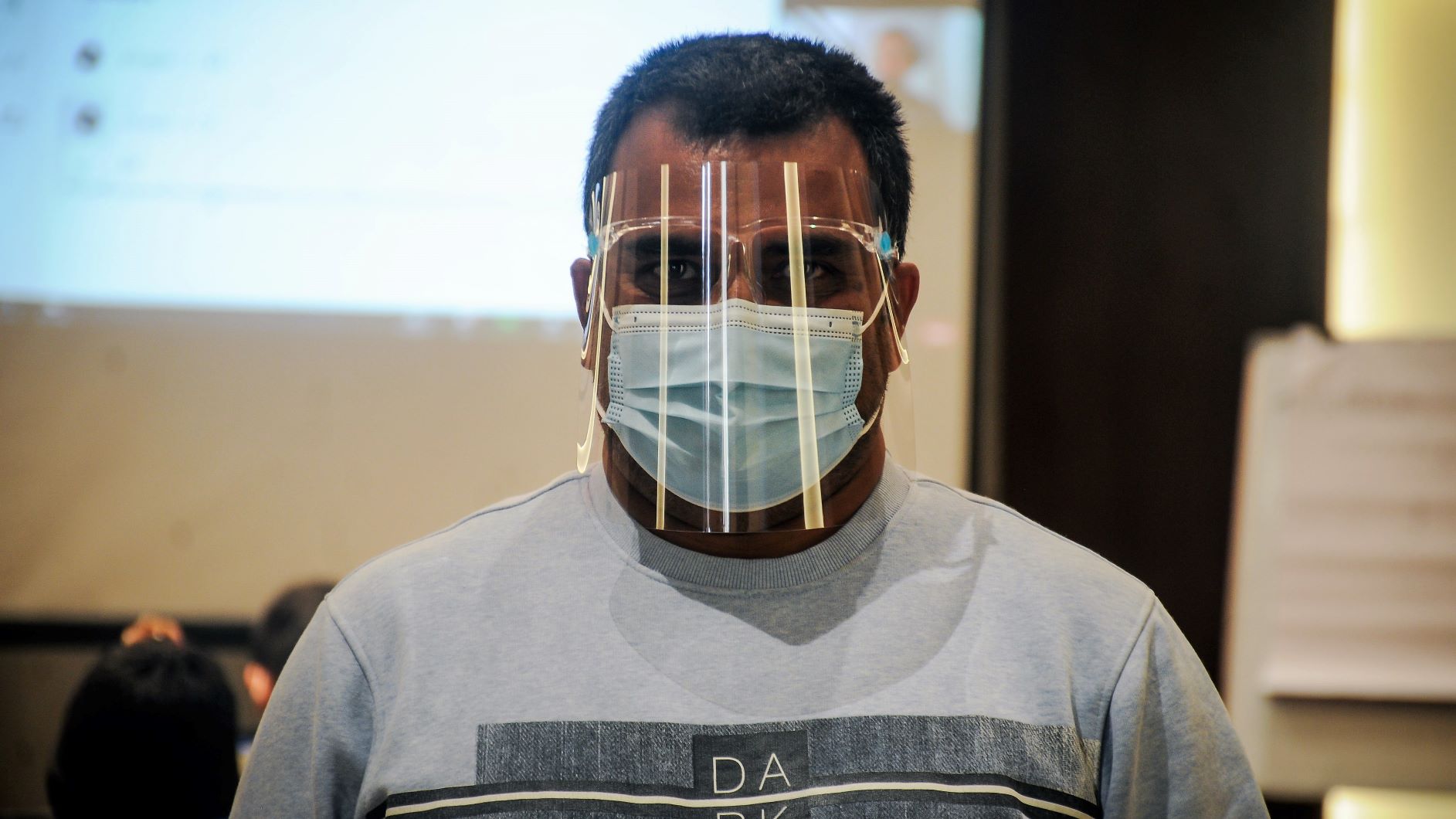On Monday, 30 September, news came through that yet another journalist has been arrested under Clause 47 of Electronic Transaction Act 2008. Dinesh Acharya, editor-in-chief of Share Bazaar Weekly, was arrested as a case against him was filed by Nirvana Chaudhary, a heir of Chaudhary Group of industries and son of Nepal’s only Forbes billionaire.
At the Kathmandu District Court, where he was to be brought that day, I saw police bringing in people handcuffed together. A thought of a journalist being handcuffed alongside those accused on cases of drugs and violence horrified me for a few seconds. But Acharya was not among those dozen who were brought in an open truck. A police van later brought him – handcuffed but alone and in a better way. Continue reading…

